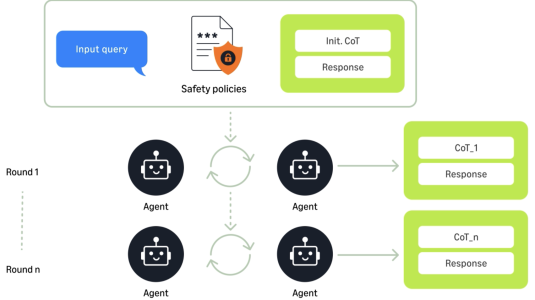Customer-obsessed science


Research areas
-
July 31, 2025Using ensembles of agents to generate and refine interactions annotated with chains of thought improves performance on a battery of benchmarks by an average of 29%.
Featured news
-
RecSys 20242024An increasing number of media streaming services have expanded their offerings to include entities of multiple content types. For instance, audio streaming services that started by offering music only, now also offer podcasts, merchandise items, and videos. Ranking items across different content types into a single slate poses a significant challenge for traditional learning-to-rank (LTR) algorithms due
-
Qualitative data collection and analysis approaches, such as those employing interviews and focus groups, provide rich insights into customer attitudes, sentiment, and behavior. However, manually analyzing qualitative data requires extensive time and effort to identify relevant topics and thematic insights. This study proposes a novel approach to address this challenge by leveraging Retrieval Augmented
-
Retrieval Augmented Generation (RAG) is a technique used to augment Large Language Models (LLMs) with contextually relevant, time-critical, or domain-specific information without altering the underlying model parameters. However, constructing RAG systems that can effectively synthesize information from large and diverse set of documents remains a significant challenge. We introduce a novel data-centric
-
Large language models (LLMs) have demonstrated remarkable capabilities in natural language processing tasks. However, their practical application in high-stake domains, such as fraud and abuse detection, remains an area that requires further exploration. The existing applications often narrowly focus on specific tasks like toxicity or hate speech detection. In this paper, we present a comprehensive benchmark
-
The increasing use of Retrieval-Augmented Generation (RAG) systems in various applications necessitates stringent protocols to ensure RAG systems’ accuracy, safety, and alignment with user intentions. In this paper, we introduce VERA (Validation and Evaluation of Retrieval-Augmented Systems), a framework designed to enhance the transparency and reliability of outputs from large language models (LLMs) that
Academia
View allWhether you're a faculty member or student, there are number of ways you can engage with Amazon.
View all





























